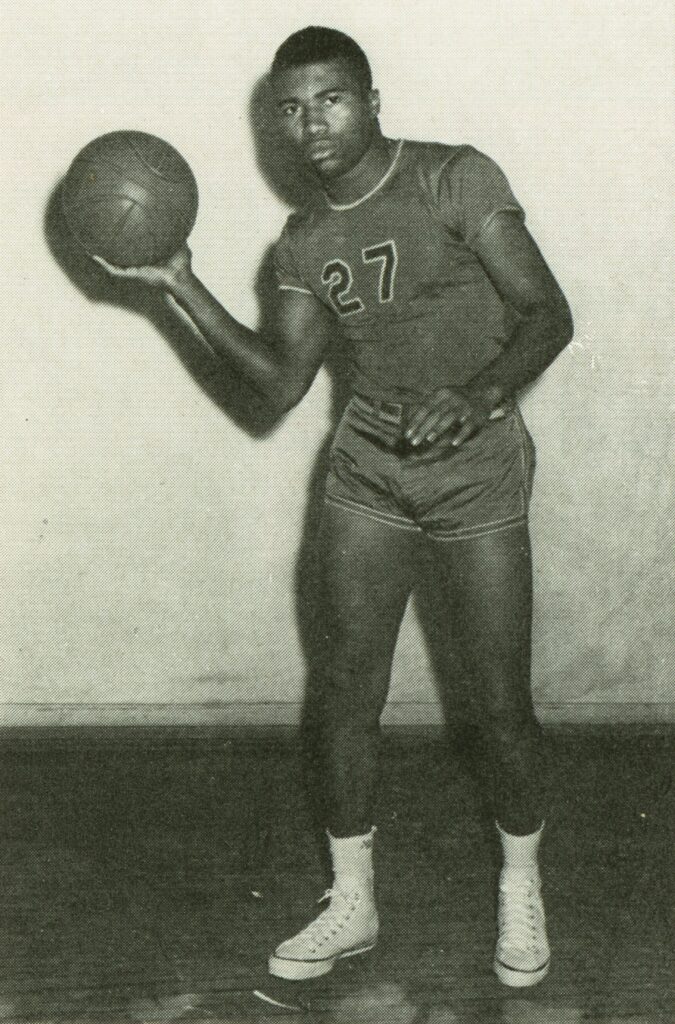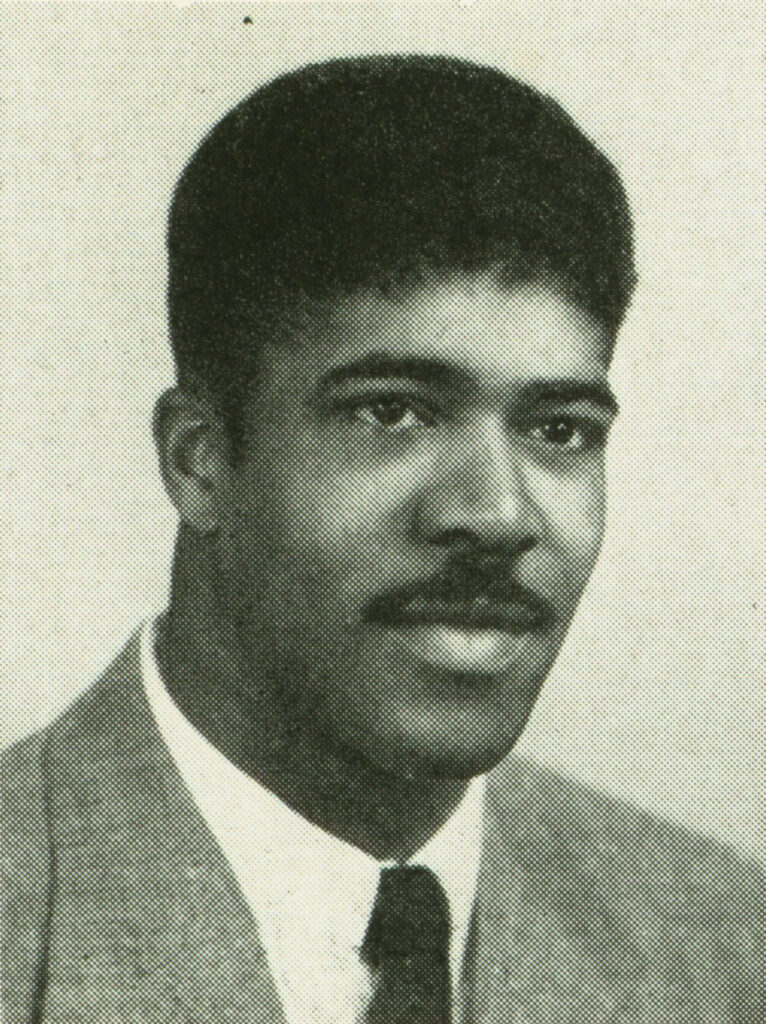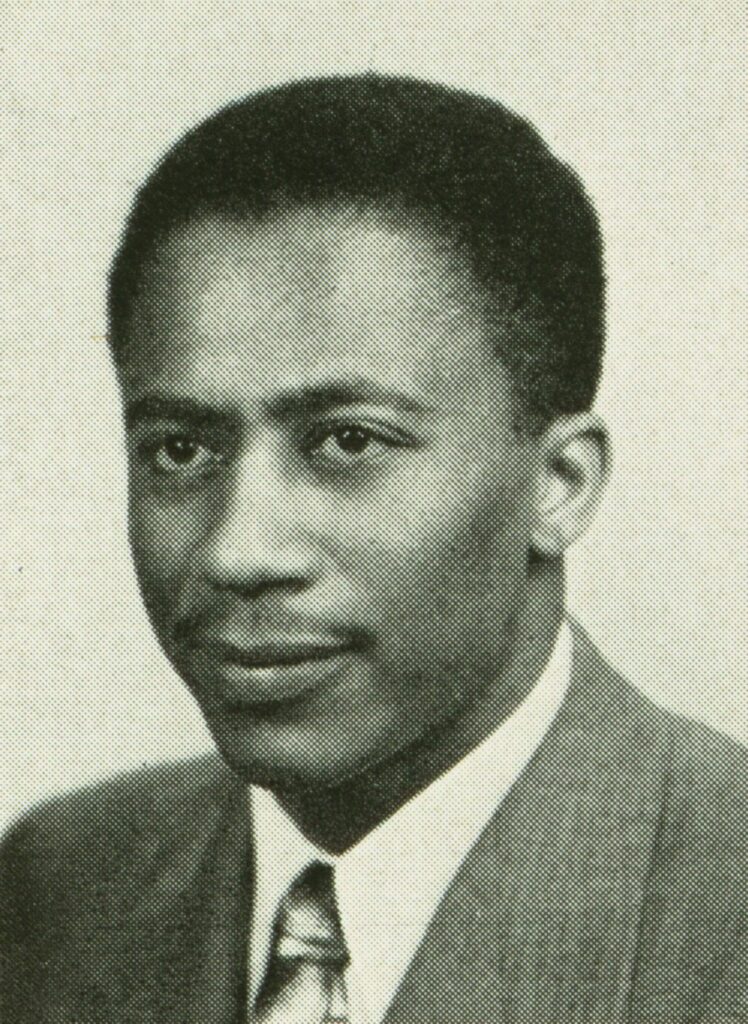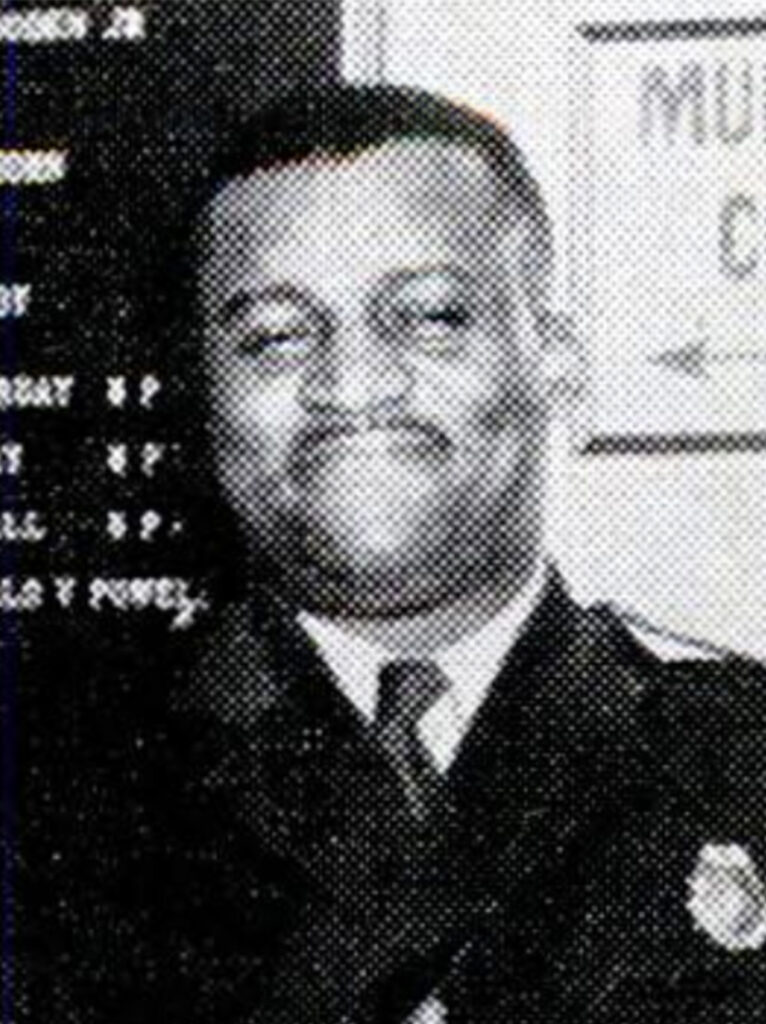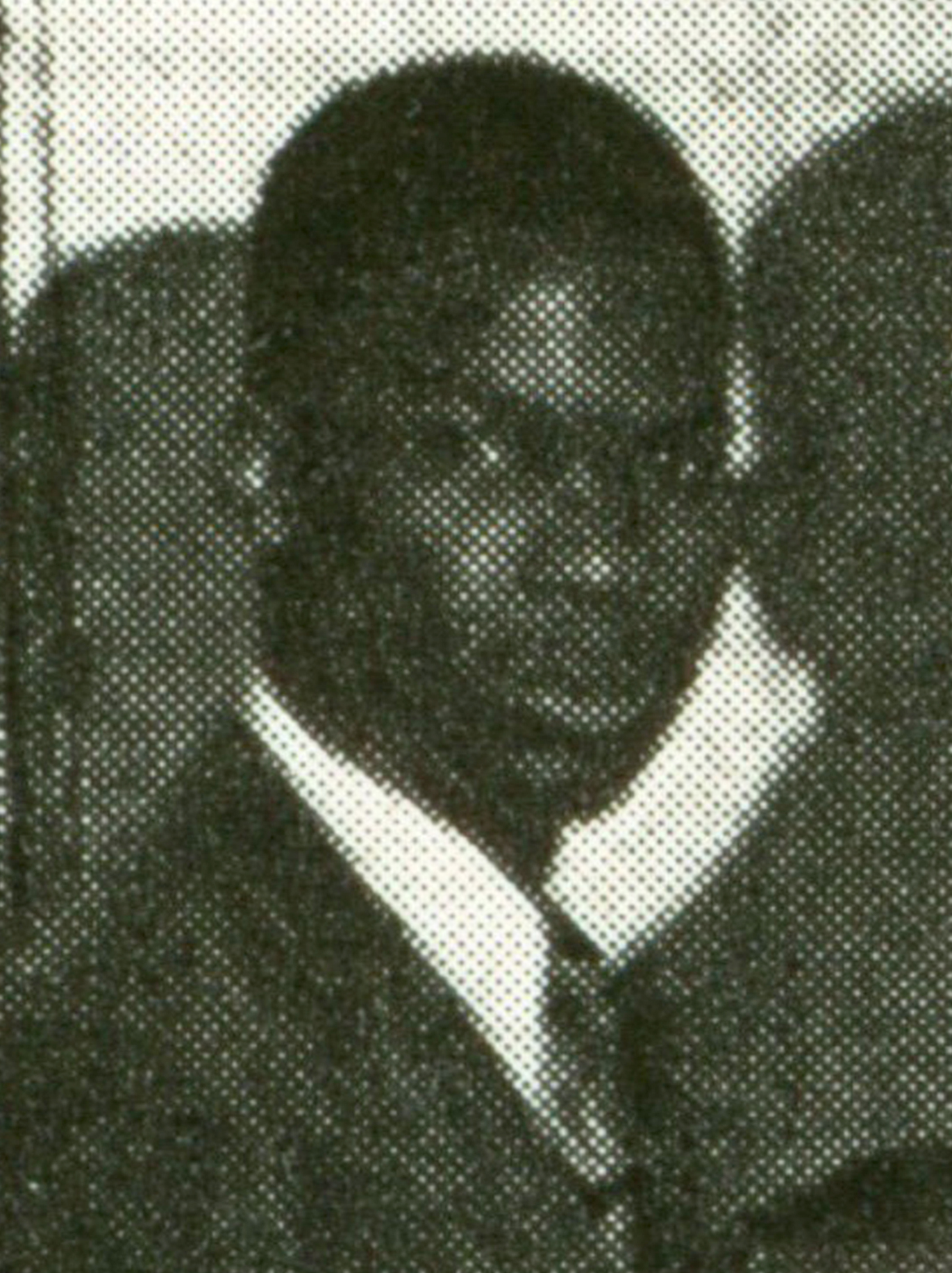
Julius W. Becton Jr.
Army veteran Julius W. Becton Jr. arrived at Muhlenberg in 1947 after recently serving two years of active duty in World War II. Attracted by Muhlenberg’s strong pre-medical program and its proximity to his family in Bryn Mawr, Pa., and encouraged by his high school football coach, Becton applied and was accepted to Muhlenberg.
During his year and a half at ‘Berg, he served as treasurer of the Pre-Med Club and president of der Deutsche Verein, the German club. He played on the freshman football team and also lettered in track. He was recalled to active military duty in November 1948, and eventually completed his bachelor’s degree at Prairie View A&M University in Texas. Continuing his Army service, Becton received a Silver Star for his valorous actions in the Korean War and another during the Vietnam War. He spent 40 years as an officer, retiring at the rank of Lieutenant General, and in 1985 President Reagan appointed him as director of the Federal Emergency Management Agency.
Following a four-year stint in this position, he served as president of his alma mater, Prairie View A&M and later served as CEO/superintendent of public schools in the District of Columbia. In 2007, he was awarded the George Catlett Marshall Medal, the highest award presented by the Association of the U.S. Army (AUSA) for being a “soldier, combat commander, administrator, educator, public servant, government leader and role model.”
In 1988, Muhlenberg College awarded him an honorary Doctorate of Laws. He currently resides with his wife Louise in Virginia.
In his autobiography, General Becton said that he was made aware of the fact that he would be among the first Black students to ever attend Muhlenberg. “I had decided a long time before then that I was not going to let such situations prevent me from accomplishing my goals.”3 His memories of his time in the military, including serving in a segregated unit in the Philippines in WWII, have been recorded by the Library of Congress’s Veterans History Project.
